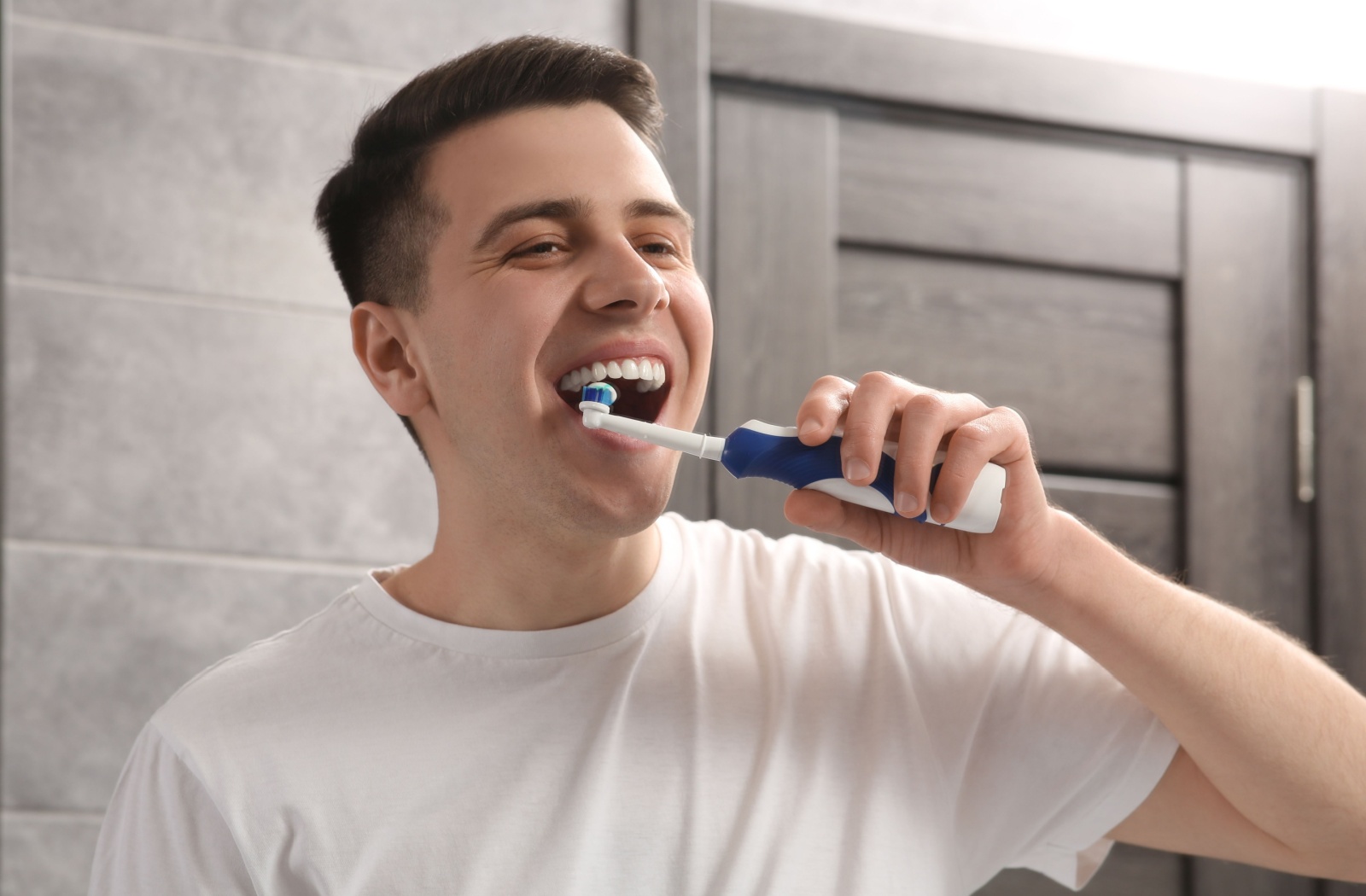There are 206 bones in the human body, yet, when discussing oral health, many people assume teeth are simply another type of bone. After all, they’re both hard, white, and crucial to our overall health. But are teeth truly considered bones? The short answer is no.
While teeth and bones share some similarities, they are structurally and functionally distinct. Let’s explore the science behind teeth and bones, their differences, and why understanding these distinctions matters for your dental health.
Teeth vs. Bones: What’s the Difference?
At first glance, teeth and bones appear similar. However, they differ significantly in composition, structure, and function.
Composition
Bones are living tissues composed primarily of collagen and calcium phosphate. Collagen provides flexibility, while calcium phosphate gives bones their strength and rigidity. Importantly, bones are vascularized, meaning they have a network of blood vessels running through them.
Teeth, on the other hand, are not made of living tissue. They consist of:
- Enamel: The hard, outermost layer that protects the tooth. It’s the hardest substance in the human body but contains no living cells.
- Dentin: A dense, bone-like material under the enamel that makes up most of the tooth’s structure.
- Pulp: The soft inner core that contains nerves and blood vessels.
Structure
Bones are porous and lightweight, allowing them to support our bodies while remaining flexible. They also have the ability to heal and regenerate after injury.
Teeth, however, are much denser and do not regenerate naturally. If a tooth is damaged or decayed, professional dental intervention is required to repair it.
Why Aren’t Teeth Considered Bones?
Despite their similarities, teeth are classified separately from bones for a few key reasons:
- No Bone Marrow
Bones contain marrow, which produces red and white blood cells essential for your body’s functioning. Teeth lack marrow entirely. - Inability to Heal
While bones can heal themselves after a fracture, teeth cannot repair damage on their own. This is why cavities and chips require fillings, crowns, or other dental procedures. - Enamel Composition
The enamel covering teeth is unique and far harder than any material found in bones. This durability allows teeth to withstand the forces of chewing, but it also makes them more brittle in certain situations.
The Unique Role of Teeth in the Human Body
Teeth serve a very different purpose than bones. While bones provide structure, protection, and mobility, teeth are designed for breaking down food and aiding digestion. Healthy teeth also play an essential role in speech and maintaining the shape of the face.

Caring for Teeth vs. Bones
Maintaining the health of both teeth and bones is critical, but the care strategies for each differ.
Bone Health
According to Alberta Health Services, strong bones depend on a diet rich in calcium and vitamin D, regular weight-bearing exercise, and avoiding habits like smoking that can weaken bone density.
Tooth Health
Tooth care focuses on hygiene and preventing decay. Key practices include:
- Brushing and flossing: Brush twice a day with fluoride toothpaste and floss daily.
- Regular oral assessments: Professional cleanings and oral assessments help catch problems early.
- Diet: Minimize sugary and acidic foods, which can erode enamel and lead to cavities.
- Fluoride treatments: Fluoride strengthens enamel and helps prevent decay.
Misconceptions About Teeth
One common misconception is that drinking milk or consuming calcium-rich foods directly benefits teeth in the same way it benefits bones. While calcium is essential for tooth development during childhood, it has less impact on adult teeth, which rely more on proper hygiene and regular dental care for health.
The Importance of Oral Assessments
Because teeth don’t regenerate like bones, preventive care is vital. Regular visits to your dentist ensure that any issues, such as cavities or gum disease, are addressed early before they worsen. At Hometown Dental in Okotoks, we provide comprehensive care to help you maintain strong, healthy teeth for a lifetime.
Your Choice for Oral Health in Okotoks
So, are teeth considered bones? The short answer is no. Teeth may share some similarities with bones, but their unique composition, structure, and function set them apart. Understanding these differences underscores the importance of prioritizing dental health alongside overall wellness.
By adopting good oral hygiene habits and visiting your dentist regularly, you can keep your teeth strong and functional for years to come. If you have questions about your oral health or need professional care, the team at Hometown Dental in Okotoks is here to help. Schedule your appointment today, and let us help you achieve a healthy, beautiful smile!




